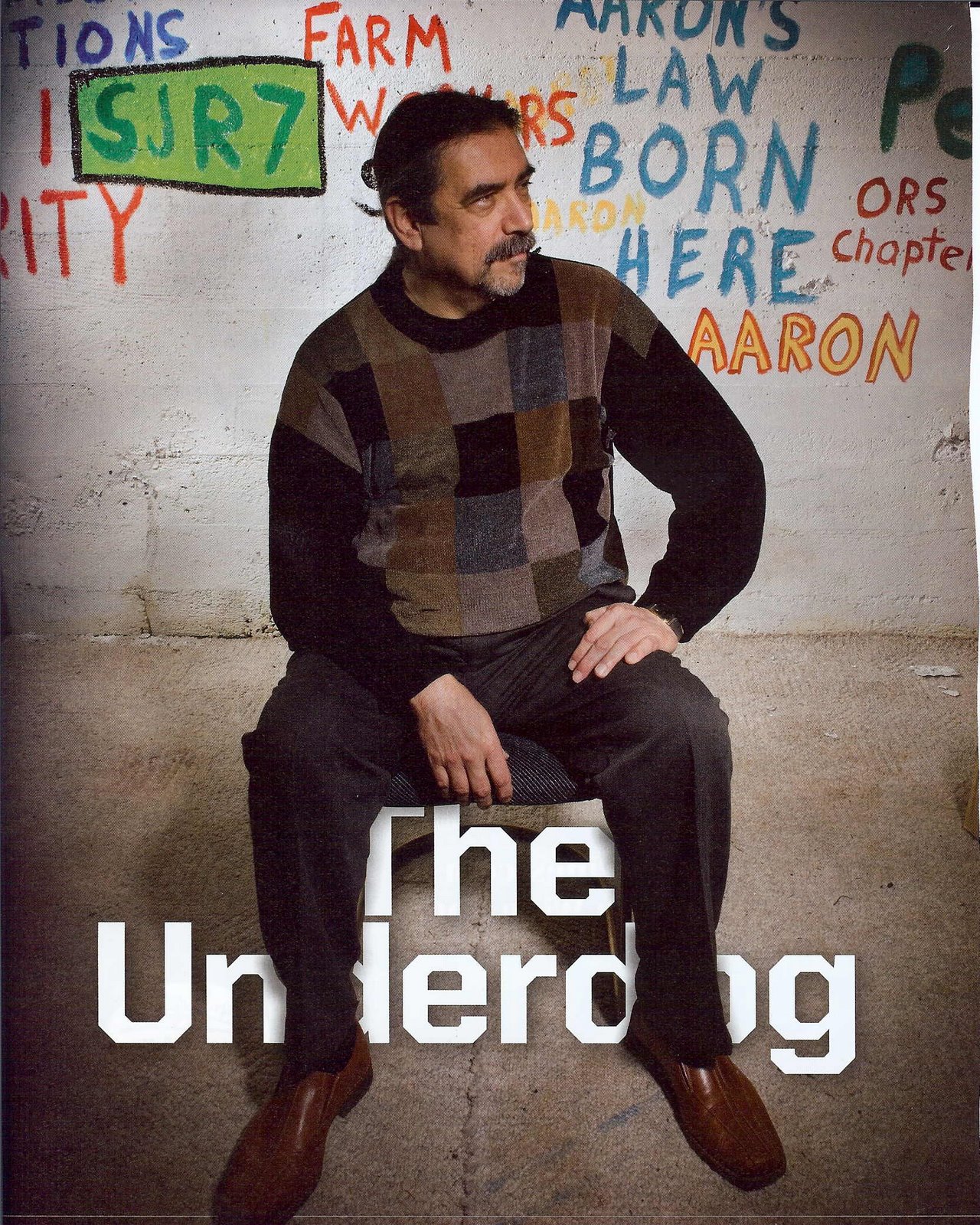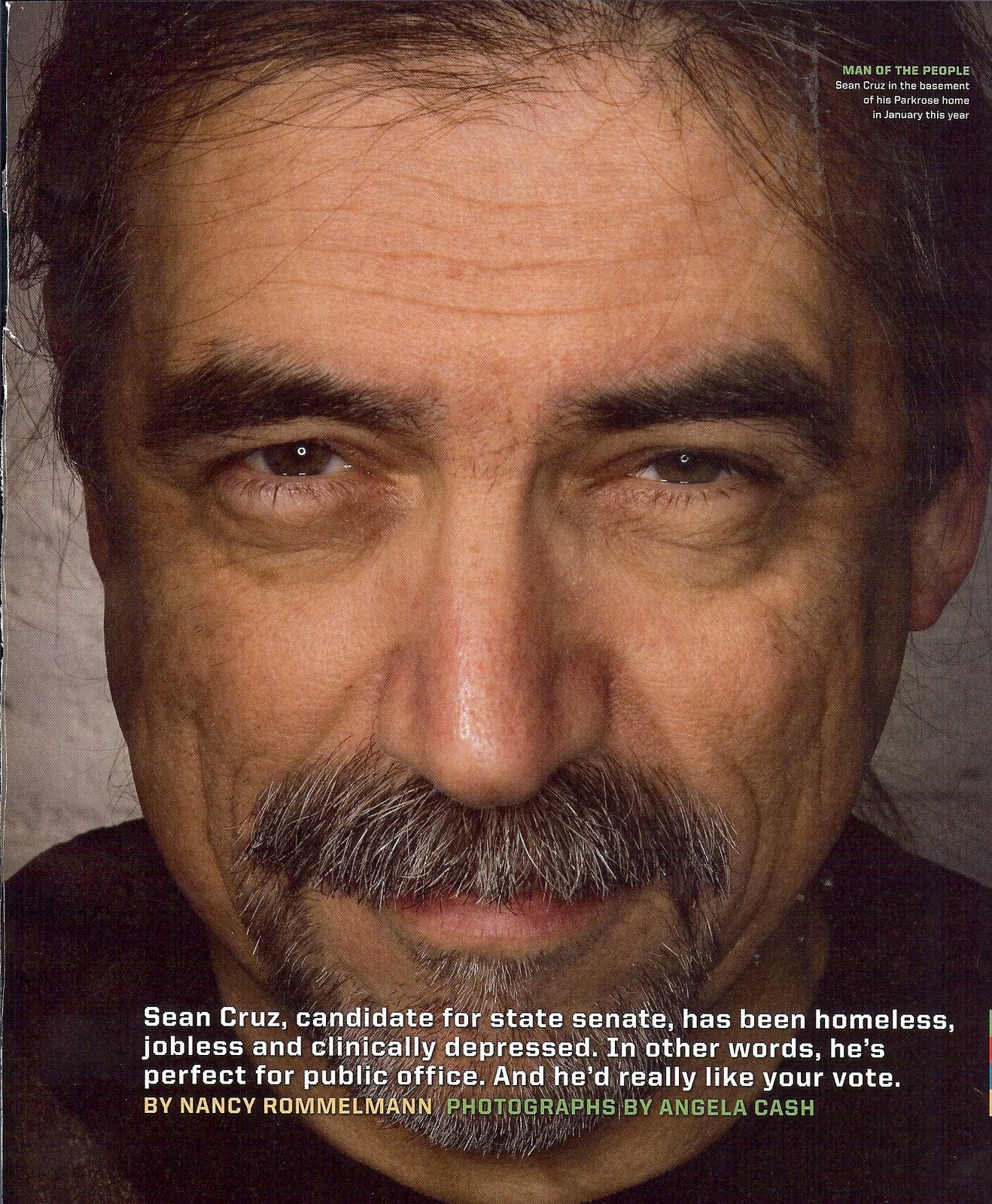(Ancient Wisdom for the War in Iraq)
Sun Tzu said:
“War is a matter of vital importance to the State; the province of life or death; the road to survival or ruin. It is mandatory that it be thoroughly studied….War is a grave matter; one is apprehensive lest men embark upon it without due reflection.”
Sun Tzu on Waging War:
“When your weapons are dulled and ardor damped, your strength exhausted and treasure spent, neighboring rulers will take advantage of your distress to act. And even though you have wise counselors, none will be able to lay good plans for the future.”
“Thus, while we have heard of blundering swiftness in war, we have not yet seen a clever operation that was prolonged…For there has never been a protracted war from which a country has benefited.”
“Thus those unable to understand the dangers inherent in employing troops are equally unable to understand the advantageous ways of doing so.”
“Those adept in waging war do not require a second levy of conscripts nor more than one provisioning.”
“When a country is impoverished by military operations it is due to distant transportation; carriage of supplies for great distances renders the people destitute.”
“If war drags on without cessation men and women will resent not being able to marry, and will be distressed by the burdens of transportation.”
“As to government expenditures, those due to broken-down chariots, worn-out horses, armor and helmets, arrows and crossbows, lances, hand and body shields, draft animals and supply wagons will amount to 60 per cent of the total (cost).”
“In transporting provisions for a distance of one thousand li, twenty bushels will be consumed in delivering one to the army…If difficult terrain must be crossed even more is required.”
….
“Treat the captives well, and care for them....This is called ‘winning a battle and becoming stronger.’”
“Hence what is essential in war is victory, not prolonged operations.”
“The difficulties in the appointment of a commander are the same today as they were in ancient times (written circa 400 B.C.).”
Sun Tzu on
Offensive Strategy:
“Generally in war the best policy is to take a state intact; to ruin it is inferior to this….for to win one hundred victories in one hundred battles is not the acme of skill. To subdue the enemy without fighting is the acme of skill.”
“He who excels at resolving difficulties does so before they arise. He who excels in conquering his enemies triumphs before threats materialize.”
“The worst policy is to attack cities. Attack cities only when there is no alternative.”
“If the general is unable to control his impatience and orders his troops to swarm up the wall like ants, one-third of them will be killed without taking the city. Such is the calamity of these attacks.”
“Thus, those skilled in war subdue the enemy’s army without battle. They capture his cities without assaulting them and overthrow his state without protracted operations.”
“Your aim must be to take All-under-Heaven intact. Thus your troops are not worn out and your gains will be complete. This is the art of offensive strategy.”
Sun Tzu on
how “a ruler can bring misfortune upon his army.”“Now there are three ways in which a ruler can bring misfortune upon his army:
(1) When ignorant that the army should not advance, to order an advance or ignorant that it should not retire, to order a retirement. This is described as ‘hobbling the army.’ (2) When ignorant of military affairs, to participate in their administration. This causes the officers to be perplexed. (3) When ignorant of command problems to share in the exercise of responsibilities. This engenders doubts in the minds of the officers.”
“If one ignorant of military matters is sent to participate in the administration of the army, then in every movement there will be disagreement and mutual frustration and the entire army will be hamstrung.”
“The wrong person cannot be appointed to command…Lin Hsiang-ju, the Prime Minister of Chao, said: ‘Chao Kua is merely able to read his father’s books, and is as yet ignorant of correlating changing circumstances. Now Your Majesty, on account of his name, makes him the commander-in-chief. This is like glueing the pegs of a lute and then trying to tune it.’”
“He whose generals are able and not interfered with by the sovereign will be victorious.”
“Now in war there may be one hundred changes in each step. When one sees he can, he advances; when he sees that things are difficult, he retires. To say that a general must await commands of the sovereign in such circumstances is like informing a superior that you wish to put out a fire. Before the order to do so arrives the ashes are cold. And it is said one must consult the Army Supervisor in these matters! This is as if in building a house beside the road one took advice from those who pass by. Of course the work would never be completed!”
“If ignorant both of your enemy and of yourself, you are certain in every battle to be in peril.”
“A victorious army wins its victories before seeking battle; an army destined to defeat fights in the hope of winning.”
“Those skilled in war cultivate the Tao and preserve the laws and are therefore able to formulate victorious policies…The Tao is the way of humanity and justice; ‘laws’ are regulations and institutions. Those who excel in war first cultivate their own humanity and justice and maintain their laws and institutions. By these means they make their governments invincible.”
===========
Sun Tzu’s Art of War was written about 2,400 years ago.
The Bush administration disregarded every principle in Sun Tzu’s time-honored work. There is no need to list the comparisons here; the reader is challenged to make the connections and draw his/her own conclusions.
The comparisons apply equally to the Bush Administration’s incompetence in the use of the Armed Forces and to its ignorance of Iraqi political and social realities.
Prior to the accession of Rumsfeld, the Chairman of the Joint Chiefs of Staff had direct access to the President. Rumsfeld closed off that access between the highest ranking man in uniform and the Commander in Chief.
The blame does not, of course, rest entirely with Rumsfeld. The buck really does stop with the President, who went along with the move, and Cheney, who was strengthened by it.
Sun Tzu’s book has influenced countless military and political leaders over a span of 2,400 years.
But George W. Bush celebrates his ignorance of books and deep disdain for the work that learning demands. That’s the Commander-in-Chief we have, certainly not the one we wish we had or the one we hope to have at a later date.
More on this later.







